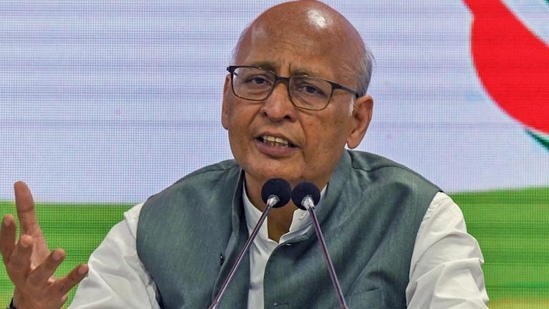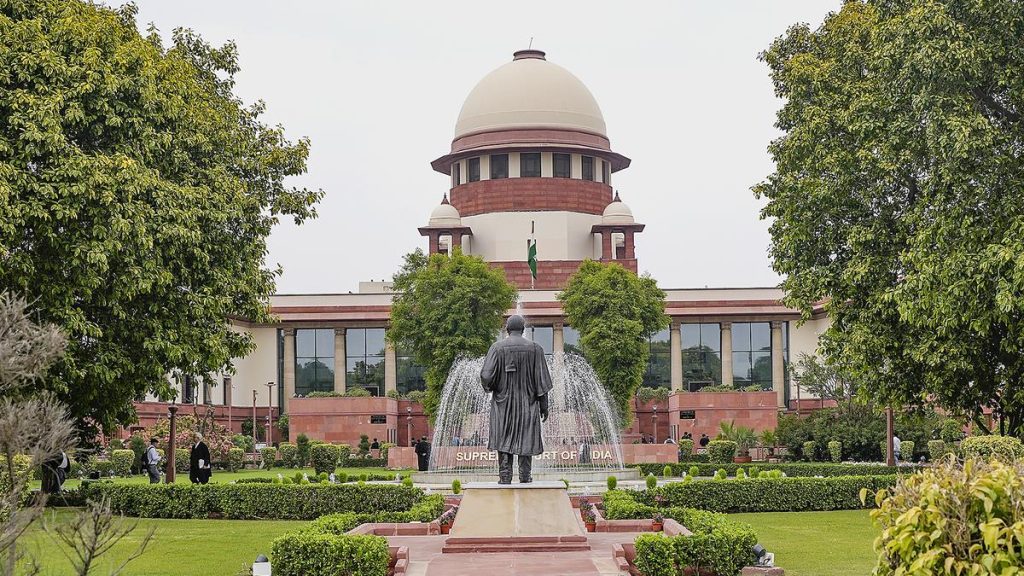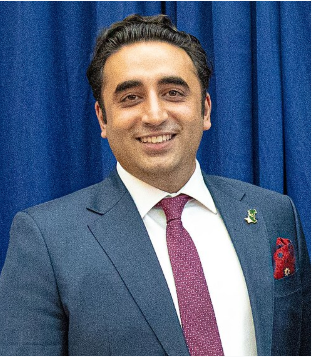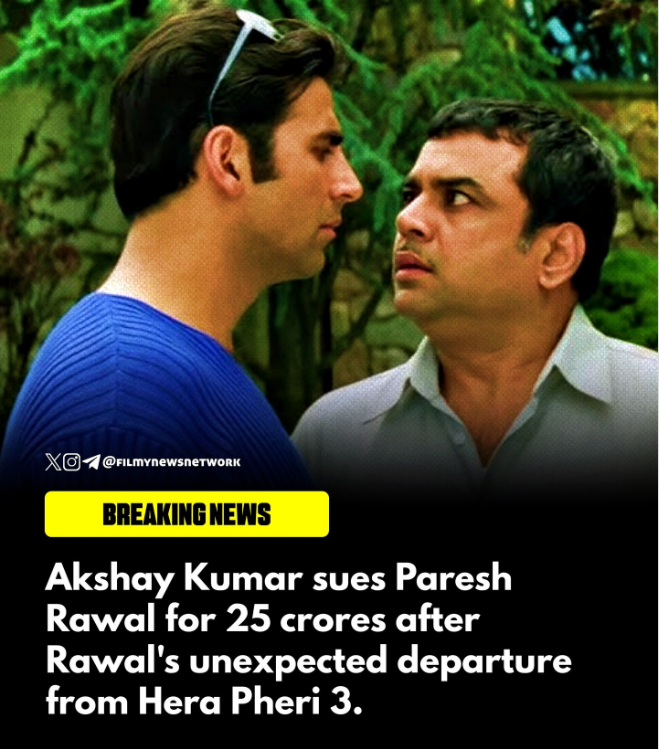
More than 100 petitioners have approached the Supreme Court to Singhvi to challenge the amendments, arguing that they violate the rights of Muslims. The court is likely to examine the possibility of imposing an interim stay on the disputed provisions.

The Supreme Court is set to hear a series of petitions today challenging the constitutional validity of the Waqf (Amendment) Act, 2025, and will deliberate on whether to impose an interim stay on its enforcement.
Senior advocate Kapil Sibal, representing the petitioners, argued before a Bench led by Chief Justice B.R. Gavai and Justice Augustine George Masih, asserting that the controversial law facilitates a “gradual takeover” of waqf properties by the Central government. He claimed this undermines the rights of Muslims to administer their religious institutions independently.
Additionally, Sibal argued that the 2025 amendments mark a significant shift from the long-standing legal framework governing waqf properties, which has been shaped over many years.
Read Also: What is Waqf Law Bill Bored?
Earlier in the proceedings, Solicitor General Tushar Mehta, appearing for the Union government, suggested that the court focus initially on three key issues—whether court-declared waqf properties can be denotified, the validity of waqf-by-user, and waqf-by-deed—before addressing broader legal questions.
However, the petitioners strongly objected to this proposal, arguing that the case raises fundamental constitutional issues that must be examined comprehensively, rather than in a fragmented manner.
The Waqf (Amendment) Act, 2025, was notified by the Centre last month after receiving President Droupadi Murmu’s assent on April 5. The bill had been passed in the Lok Sabha with 288 votes in favor and 232 against, while in the Rajya Sabha, it secured 128 votes in favor and 95 against.
Source: NDTV
Evidence of Islamic faith
Mr. Ahmadi inquires about the specific qualifications that would classify him as a Muslim. He pointed to the regulation requiring a person to verify their adherence to Islam for at least five years prior to creating a waqf.
Waqf Properties as Monuments
Senior advocate Huzefa Ahmadi cites Section 3D of the 2025 Act, which states:
Any declaration or notification issued under this Act or any prior legislation concerning waqf properties shall be deemed void if the property in question was classified as a protected monument or protected area under the Ancient Monuments laws.
This provision effectively leads to the ‘obliteration’ of numerous mosques if they were designated as monuments under either the Ancient Monuments Preservation Act, 1904, or the Ancient Monuments and Archaeological Sites and Remains Act, 1958, at the time of such declaration or notification.
Read Also: Chief Asaduddin Owaisi Move Supreme Court Against Waqf Bill

Singhvi Challenges Government’s Claim of 116% Surge in Waqfs
Singhvi refuted the government’s assertion of a 116% explosion in waqf properties between 2013 and 2024, arguing that the increase merely reflects the digitization process rather than an actual rise in numbers. He clarified that the uploading of waqf records onto a portal began in 2013, and the government’s claim wrongly interprets this data update as a real expansion. Singhvi accused the government of presenting a prejudiced argument in its counter affidavit.
He further highlighted that out of the total 8.72 lakh waqf properties, over 4 lakh—nearly 50%—are waqfs-by-user. Additionally, he pointed out that the Joint Parliamentary Committee (JPC) report reveals waqf surveys were conducted in only 5 out of 28 states and 4 union territories, questioning the comprehensiveness of the data.
Singhvi and Mehta engage in a light-hearted exchange.
Singhvi argues that applying the Ancient Monuments Act over the Waqf Act would have the same implications as applying it to the Places of Worship Act. Mehta, however, disagrees. Playfully, Singhvi protests that Mehta is denying him his “fundamental right” to present even incorrect arguments to the Bench during his allotted 15 minutes.
Singhvi Lists Five Key Objections to the 2025 Act
Senior advocate Abhishek Manu Singhvi outlines five major concerns opposing the 2025 Act. First, he argues that its provisions subject waqifs (trustees of waqf properties) to harassment, excessive control, and repeated visits to government offices.
- Second, he contends that demanding proof of one’s faith amounts to religious discrimination, violating Article 15 of the Constitution.
- Third, Singhvi points out that many waqf-by-user properties remain unregistered, creating legal ambiguities.
- Lastly, he criticizes the lack of legal recourse once a District Collector declares a property as non-waqf, leaving affected parties without remedy.
Dhavan: New Law Defies Constitution Bench Decisions on Minority Rights
he 2025 Act directly contradicts numerous Constitution Bench rulings of the Supreme Court. As Rajeev Dhavan points out, the landmark TMA Pai case affirms the right of minorities to manage and administer their religious affairs—a principle that cannot be undermined.
Charitable trusts were recognized as waqfs, as noted by Rajeev Dhavan.
Senior advocate Rajeev Dhavan argues that trusts dedicated to charity and religion have historically been recognized as waqfs. He emphasizes that the dual objectives of philanthropy and faith have been key in classifying such trusts as waqfs, noting that many similar trusts fall under this category.
Dhavan further contends that property is integral to religion—depriving a religious institution of its assets weakens its foundation. He asserts that the triad of beliefs, practices, and the property sustaining them forms the core of religious institutions. Removing any of these elements, he warns, would undermine the very framework of secularism.
How Do Different Religious Endowments Handle Interfaith Participation?
Kapil Sibal highlights that religious endowments of Hindu and Sikh communities are managed by their own members. He argues that true secularism means allowing each faith to govern its own affairs. Questioning the current system, he asks why members of other religions are permitted to be part of Waqf administrative bodies.
Where are the muslims in the waqf board?
Sibal says the previous Waqf Acts had mandated that the administrative bodies had Muslim members. The 2025 Act does not mention it
Sibal: Authorities Take Over Evacuee Assets from Waqf Boards
Kapil Sibal highlights key changes under the amended Section 36 of the principal Act, which empowers District Collectors to investigate applications for waqf registration. The Collector must verify the authenticity of claims, assess the accuracy of details, and submit a report to the State Waqf Board.
If the Collector determines that the property in question is under dispute or classified as government land, it cannot be registered as a waqf unless a competent court rules otherwise.
Furthermore, the Waqf (Amendment) Act, 2025, stipulates that courts will no longer entertain legal proceedings to enforce rights on behalf of unregistered waqfs six months after the amendment takes effect.
Sibal argues that this places significant authority in the hands of the District Collector—a government official—who can unilaterally decide whether a disputed property qualifies for waqf registration. Unless a court intervenes, such properties will remain excluded. He also claims that the amendment effectively allows the government to reclaim all evacuee properties previously under Waqf Boards’ control.
Act facilitates wholesale takeover of a community’s rights: Sibal
He explains that the earlier detailed survey process for identifying waqf properties has been replaced by a simpler ‘designated officer’ system. Previously, a thorough survey was mandatory before registration—now, only registration remains. “Without a proper survey, the process lacks accountability,” he argues.
Read More About: Operation Sindoor and India pakistan Ceasefire Updates







